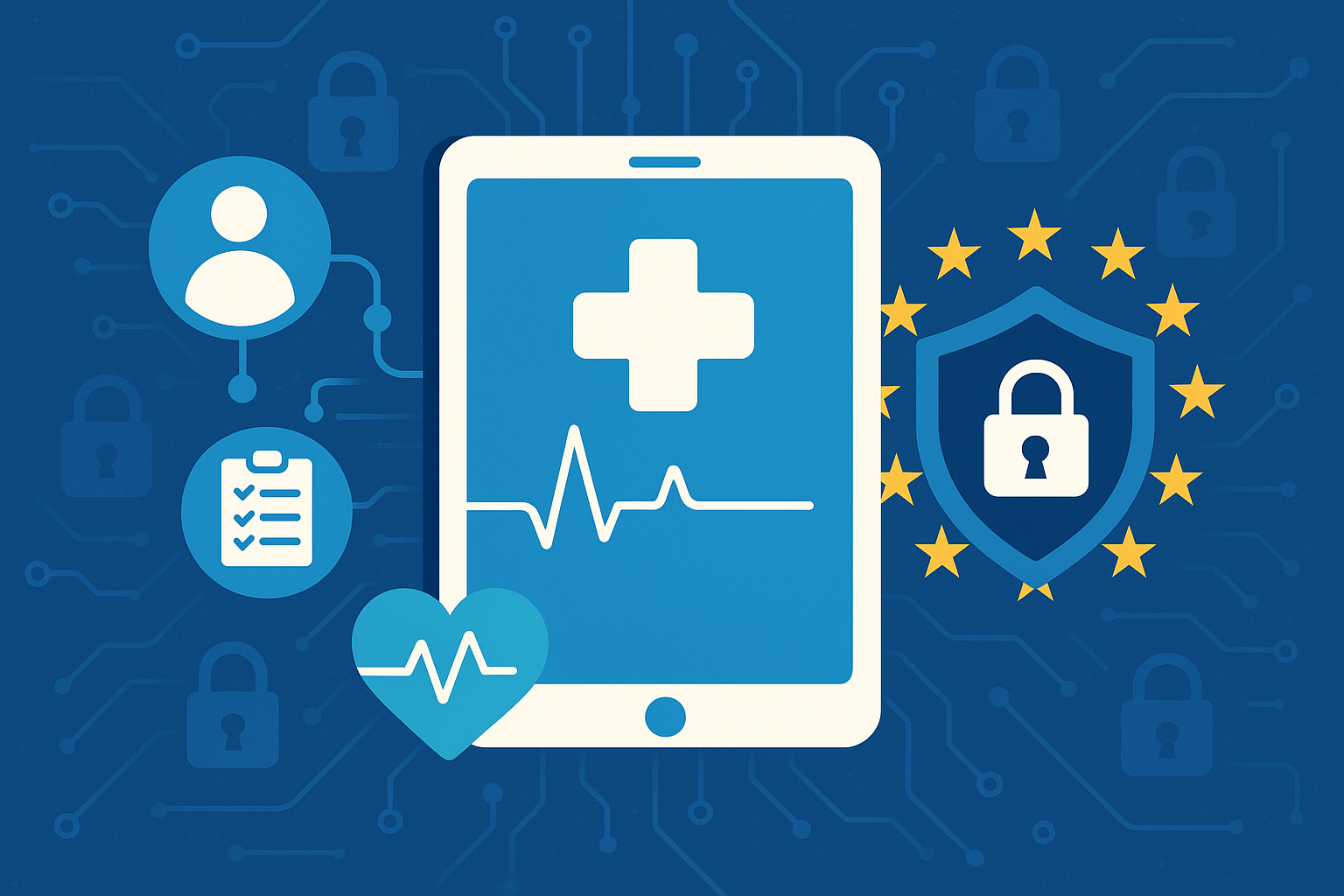Why Now Is the Time to Act
The EU Data Act (Regulation (EU) 2023/2854) and the European Health Data Space (EHDS, Regulation (EU) 2024/1369) present a transformative moment for health technology companies. While these regulations introduce new compliance requirements, they also open doors to innovation, market leadership, and stronger customer trust.
Many companies have focused primarily on the EHDS, given its direct relevance to healthcare. However, the broader Data Act is equally critical and offers strategic advantages for those who engage early.
Turning Compliance into Competitive Advantage
Rather than viewing these regulations as constraints, forward-thinking companies can treat them as catalysts for growth. The Data Act’s cross-sector approach ensures that health technology firms, especially those working with connected devices, health apps, and cloud services, can benefit from standardized data access and interoperability.
Key Benefits of Early Action:
- Enhanced Market Positioning through superior data access and interoperability
- Improved Patient and Partner Trust via transparent data practices
- New Revenue Opportunities from data-enabled services
- Reduced Long-Term Costs by avoiding rushed compliance
- Stronger Ecosystem Partnerships with other compliant players
What the Regulations Mean for Your Business
EU Data Act:
- Applies to all industries
- Focuses on general data access, sharing, and transfer rights
- Entered into force 11 January 2024 with applicability from 12 September 2025
- Takes a technology-neutral approach, covering internet-connected devices and digital services across all industries
European Health Data Space (EHDS):
- Specific to the health sector
- Focuses on health data governance, interoperability, and secondary use
- Has phased implementation from 2025-2027
- Takes a sector-specific approach, addressing unique health data challenges
Together, these frameworks promote innovation, competition, and digital sovereignty, values that health technology companies are well-positioned to champion.
Tailored Guidance for Different Company Types
Medical Device Manufacturers:
- Enable patient access to device-generated data (Data Act requirement)
- Ensure device data can integrate with EHR systems using common standards (EHDS requirement)
Health App Developers:
- Provide user data portability and third-party access (Data Act requirement)
- Must comply with health data compatibility standards for clinical integration (EHDS requirement)
Healthcare Software Providers:
- Enable client switching and data portability (Data Act requirement)
- Support healthcare provider obligations for patient data access and sharing (EHDS requirement)
Cloud Service Providers:
- Ensure cloud switching capabilities comply with both regulations
- Implement interoperability standards for health data exchange
Navigating the Added Layer: The EU AI Act
The EU AI Act (Regulation 2024/1689) adds another dimension to compliance. With phased obligations starting in 2025, companies must align AI systems with both data governance and health interoperability standards, while maintaining GDPR compliance.
EU AI Act Timeline:
- Entered into force on 1 August 2024 with phased implementation
- Prohibited AI practices from 2 February 2025
- General-purpose AI model obligations from 2 August 2025
- High-risk AI systems from 2 August 2026
Strategic Timeline for Action
2025: Immediate Priorities
- Implement general data access rights
- Prepare for EHDS standards ahead of finalization
2025-2027: Medium-Term Planning
- Update systems for health-specific standards
- Align Data Act implementations with EHDS requirements
How Expert Support Can Accelerate Success
Navigating these overlapping frameworks requires more than legal awareness. It demands strategic integration. This is where Laissa’s expertise becomes invaluable.
How Laissa Adds Value to Your Business:
- Identify and close compliance gaps early
- Translate legal requirements into actionable strategies
- Develop solutions that meet multiple regulations simultaneously
- Provide ongoing support as rules evolve
Laissa’s holistic approach ensures that compliance becomes a driver of innovation, not a barrier. By aligning regulatory readiness with business goals, companies can thrive in the EU’s evolving digital health landscape.
